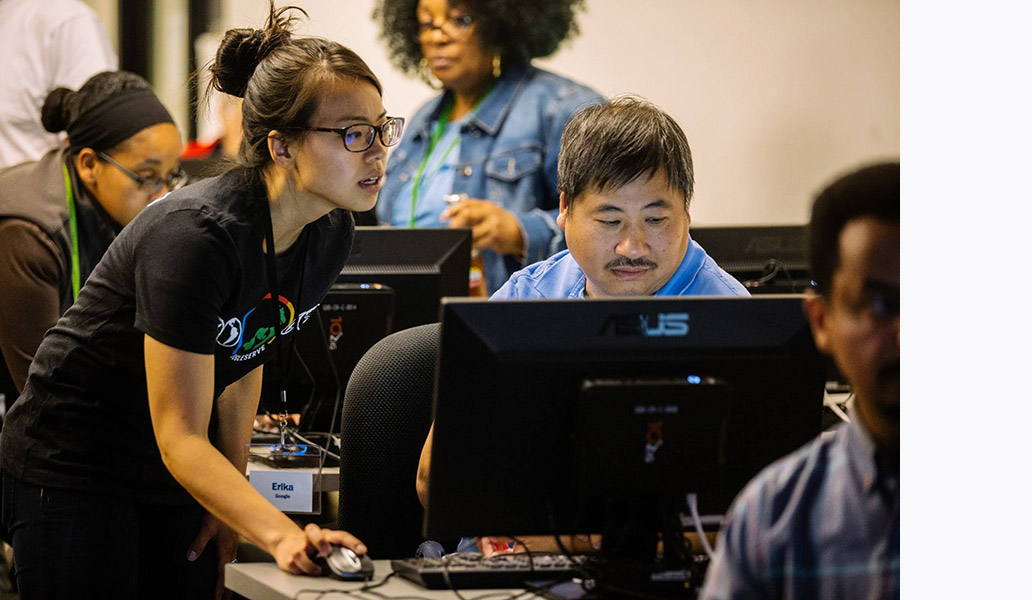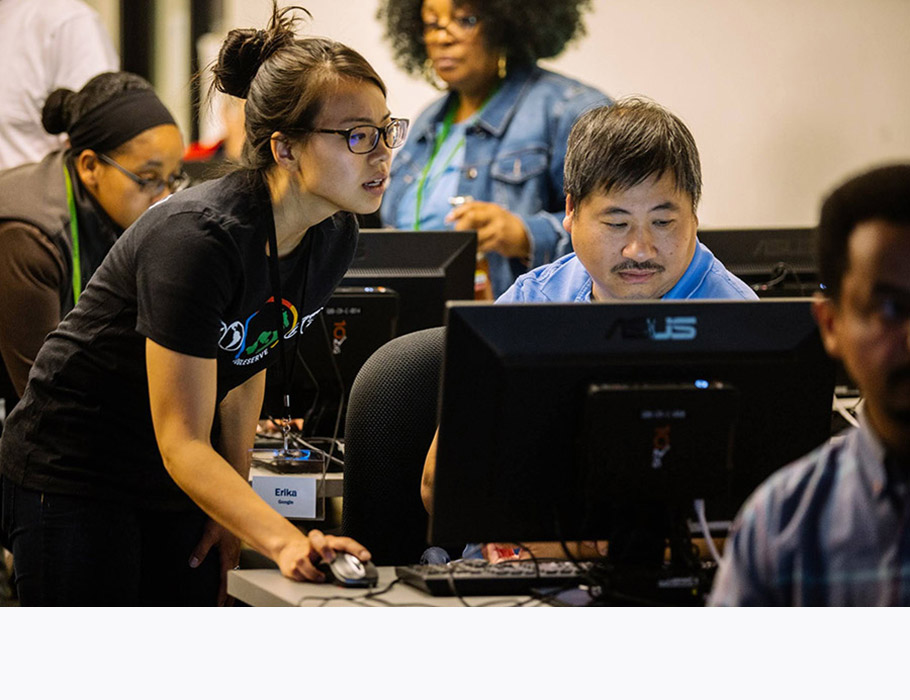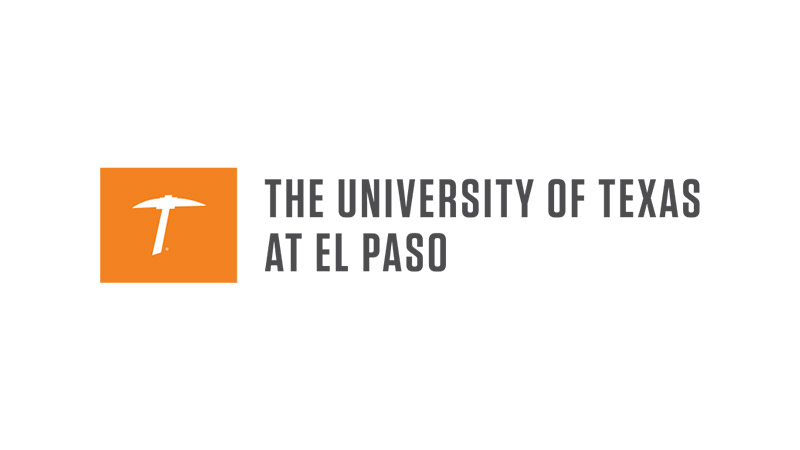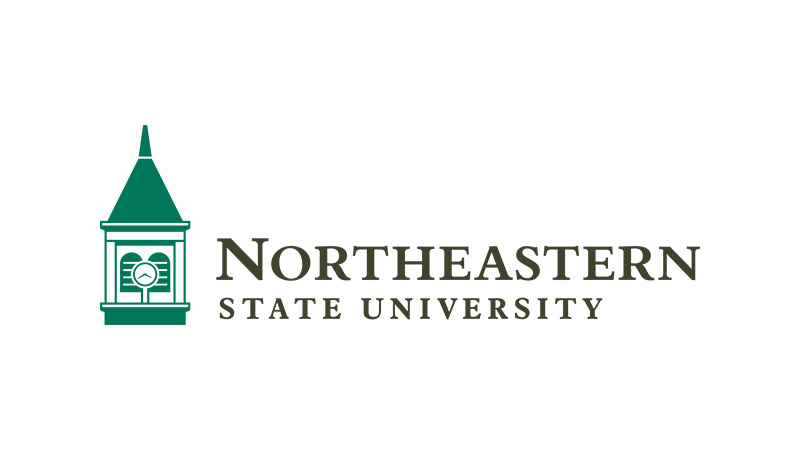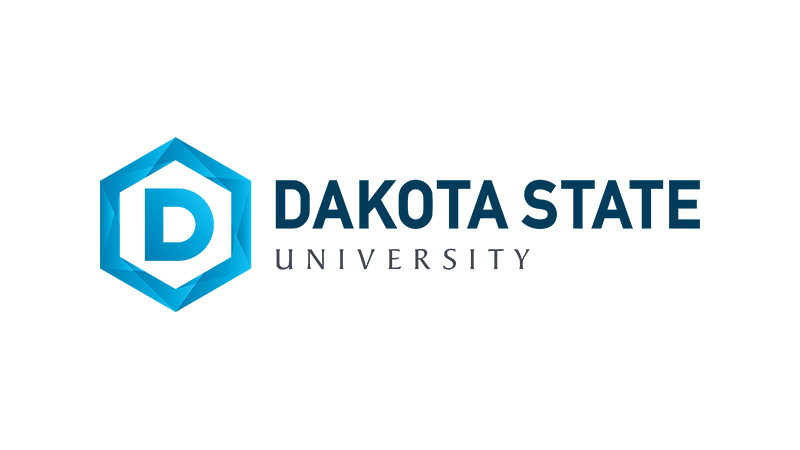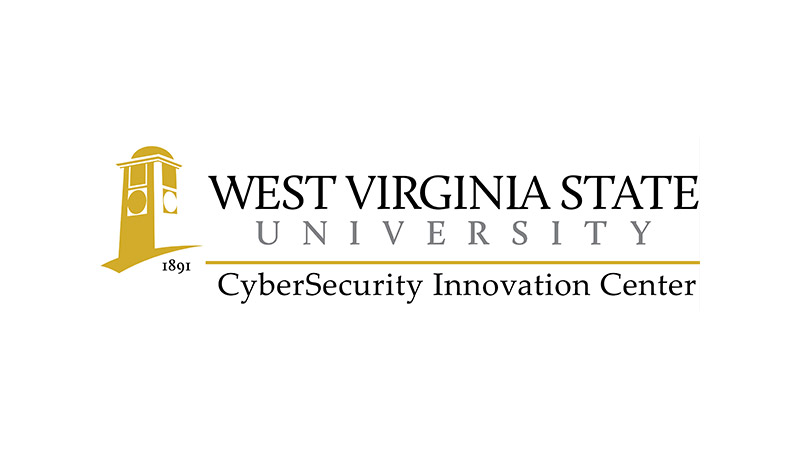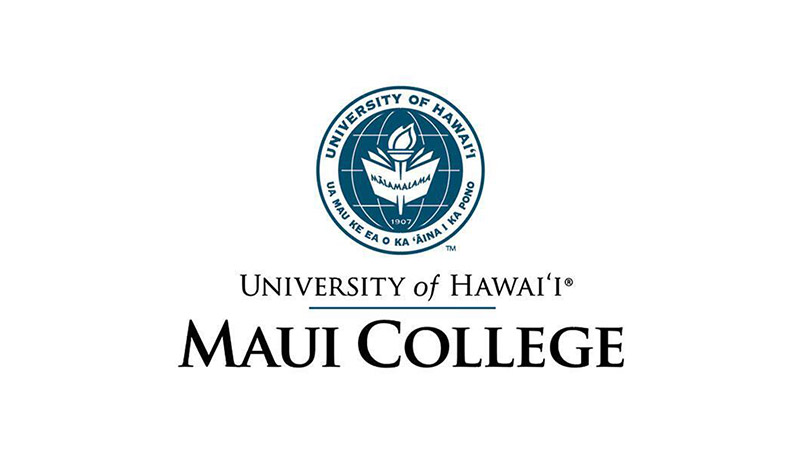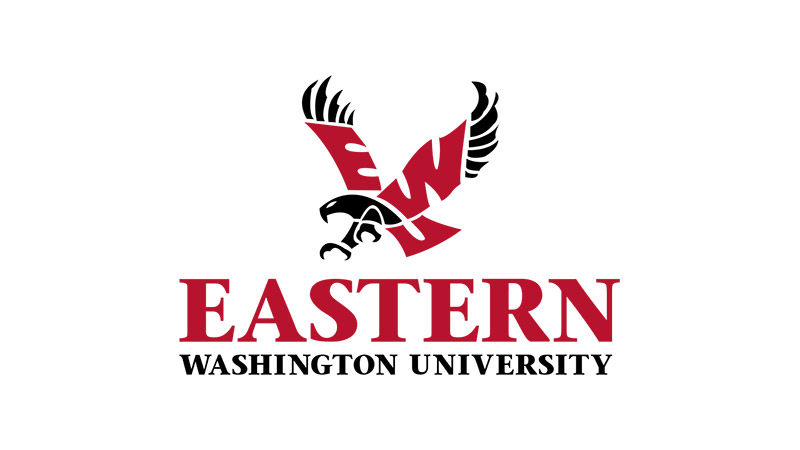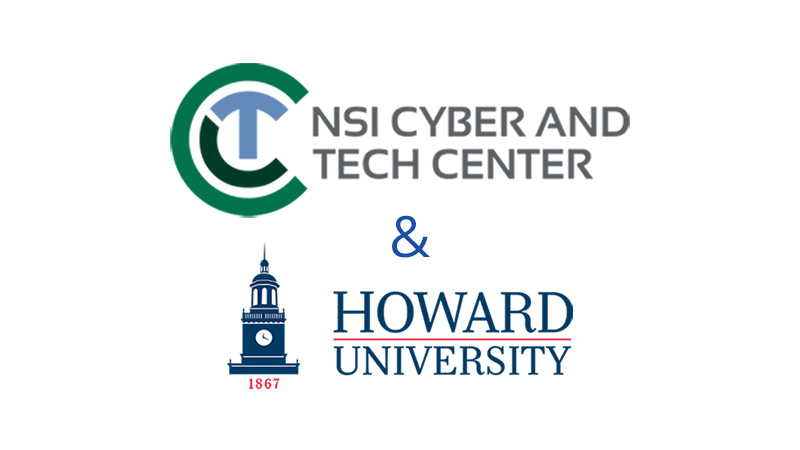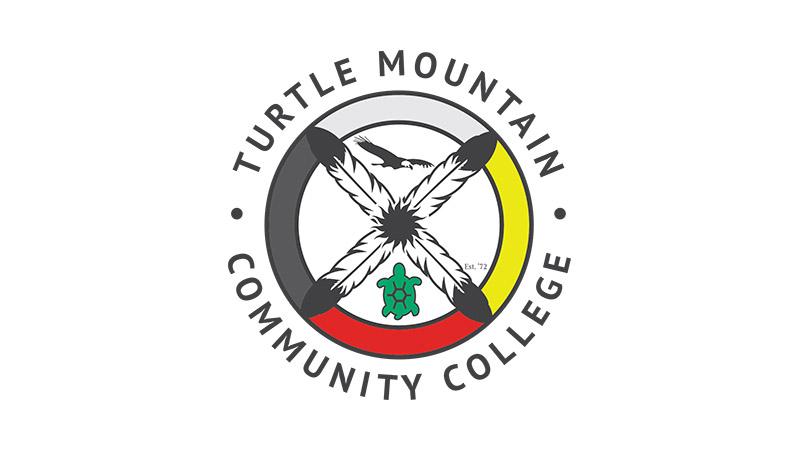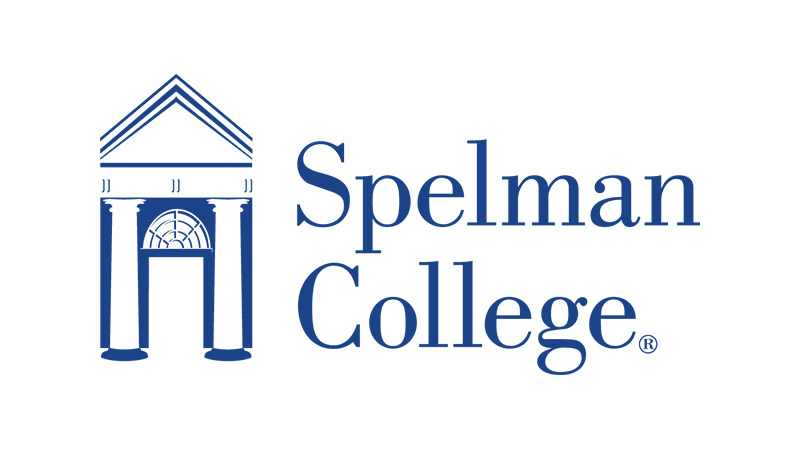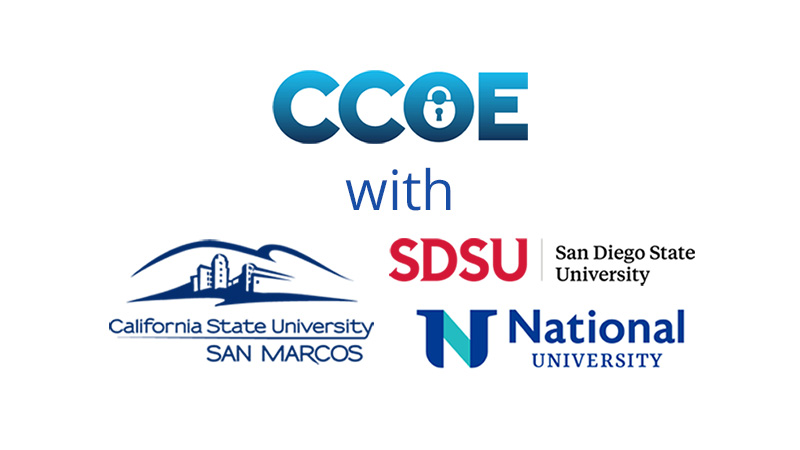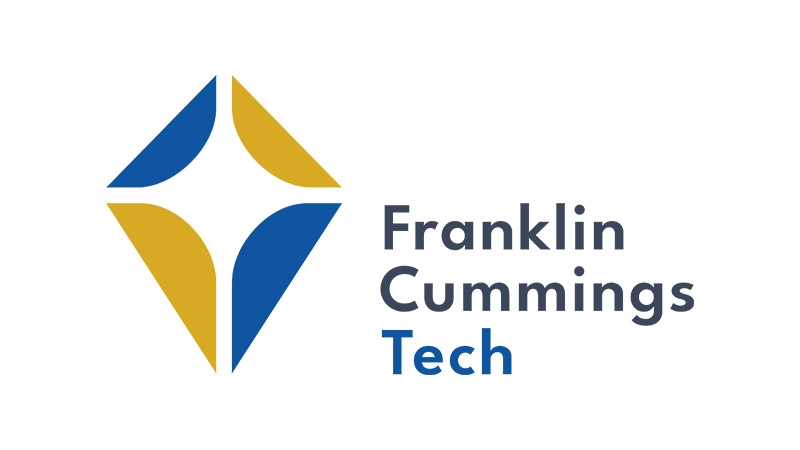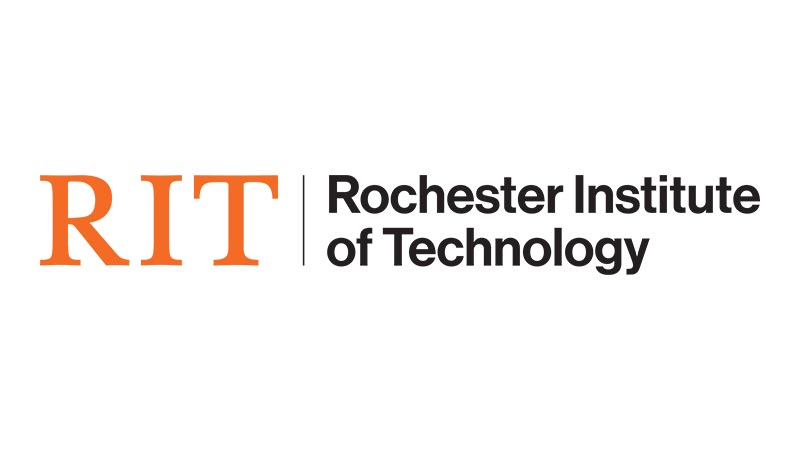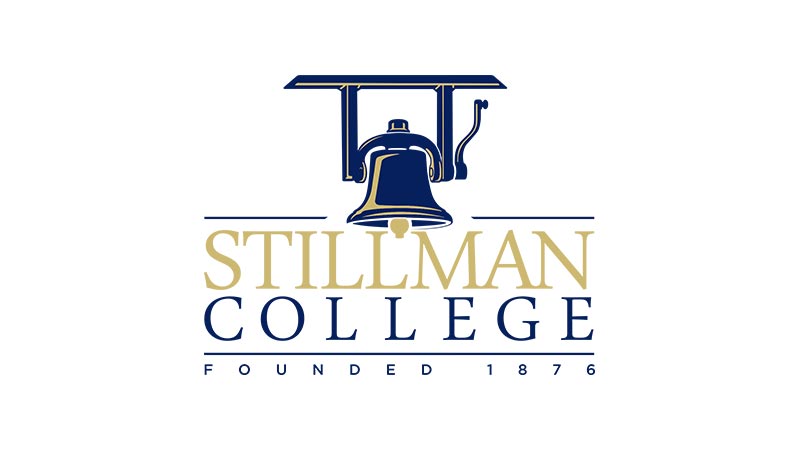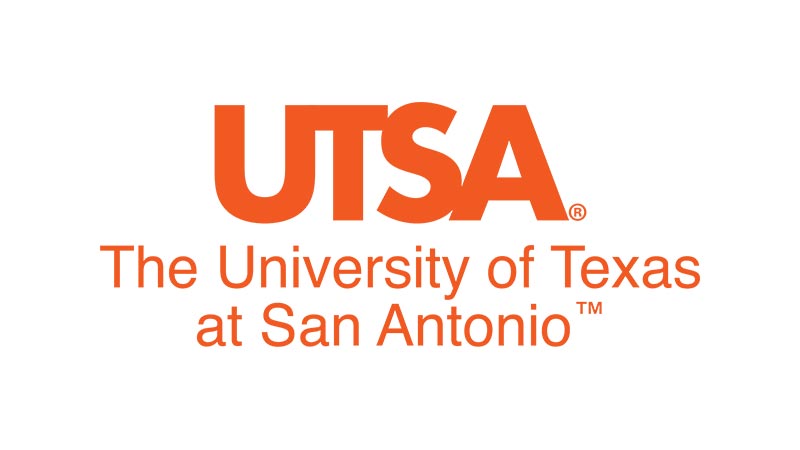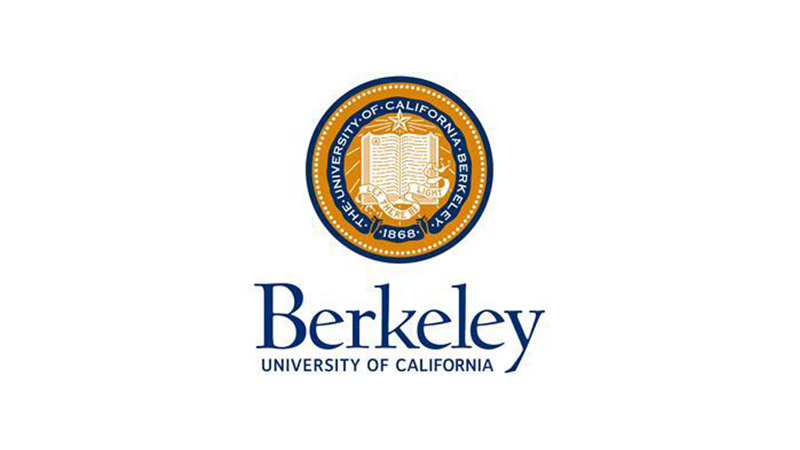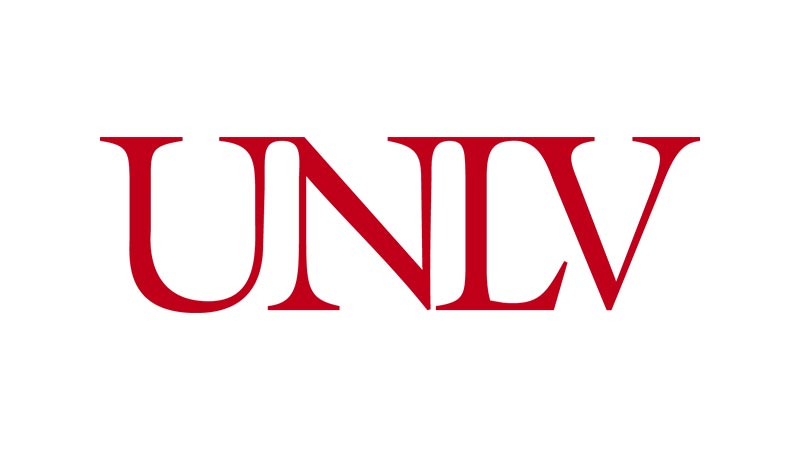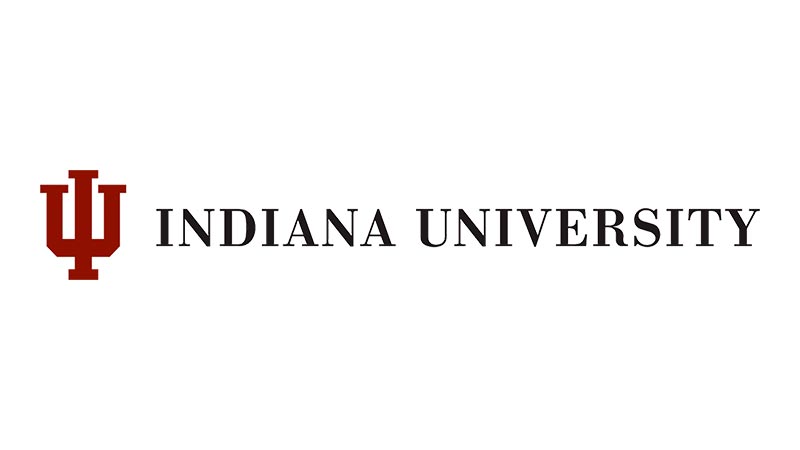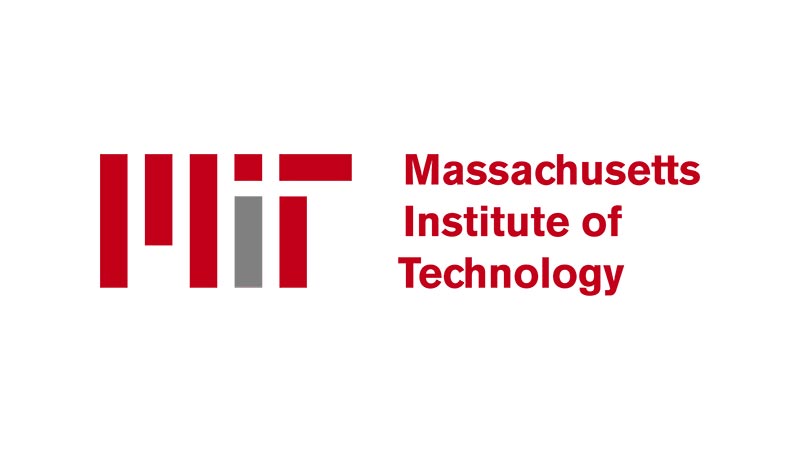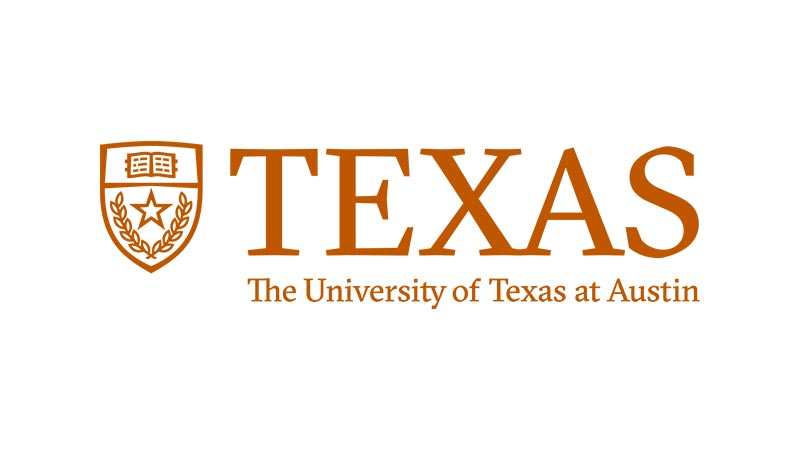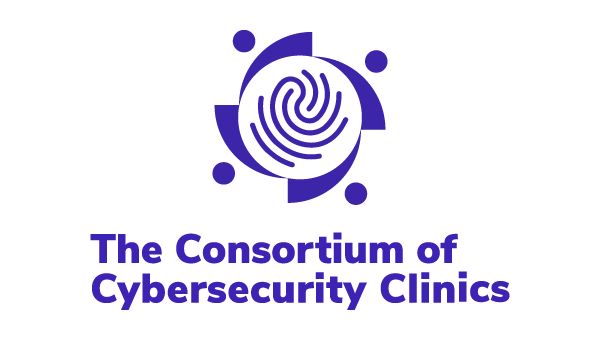Google, in collaboration with the Consortium of Cybersecurity Clinics, is supporting selected colleges, universities, and community colleges with up to $1M each to increase access and opportunities for students interested in pursuing careers in cybersecurity. In addition, recipients can access the Google Cybersecurity Certificate, Google Titan security keys, and student mentorship opportunities from Google. See below to learn more about the clinics receiving funding.
Why Cybersecurity Clinics
At Google, security has always been at the core of our products. We’ve worked to protect people, businesses and governments by sharing our expertise and advancing cybersecurity tools and resources.
This fund will strengthen existing members of the Consortium of Cybersecurity Clinics, while supporting new higher education institutions to help students build a career in cybersecurity. We want to support these institutions in building a workforce with the real-world experience needed to protect critical U.S. infrastructure - in hospitals, nonprofits, schools and utilities - from cyber attacks.
Play video
Grantees
We are pleased to announce all of the colleges and universities who have been awarded Cybersecurity Clinic funding from Google:
-

New grantee!
Tougaloo College
-

New grantee!
The University of Texas at El Paso
-

New grantee!
Northeastern State University in Oklahoma
-

New grantee!
Dakota State University
-

New grantee!
West Virginia State University
-

New grantee!
University of Hawai’i Maui College
-

New grantee!
Eastern Washington University
-

New grantee!
NSI CTC - HUSB
-

New grantee!
Turtle Mountain Community College
-

New grantee!
Trident Technical College
-

New grantee!
Spelman College
-

New grantee!
University of North Carolina Greensboro
-

New grantee!
Cyber Center of Excellence (CCOE), San Diego State University (SDSU), California State University San Marcos (CSUSM) and National University
-

New grantee!
University of Arizona
-

New grantee!
Franklin Cummings Tech
-

Active Clinic
Rochester Institute of Technology
-

Active Clinic
Stillman College
-

Active Clinic
University of Texas at San Antonio
-

Active Clinic
UC Berkeley
-

Active Clinic
University of Nevada, Las Vegas
-

Active Clinic
Indiana University
-

Active Clinic
Massachusetts Institute of Technology
-

Active Clinic
The University of Alabama
-

Active Clinic
University of Georgia
-

Active Clinic
University of Texas at Austin
Google.org's approach to philanthropy
Google.org, Google’s philanthropy, brings the best of Google to help solve some of humanity’s biggest challenges combining funding, product donations and technical expertise to support underserved communities and provide opportunity for everyone.
We engage nonprofits, social enterprises and civic entities who make a significant impact on the communities they serve, and whose work has the potential to produce scalable, meaningful change.
